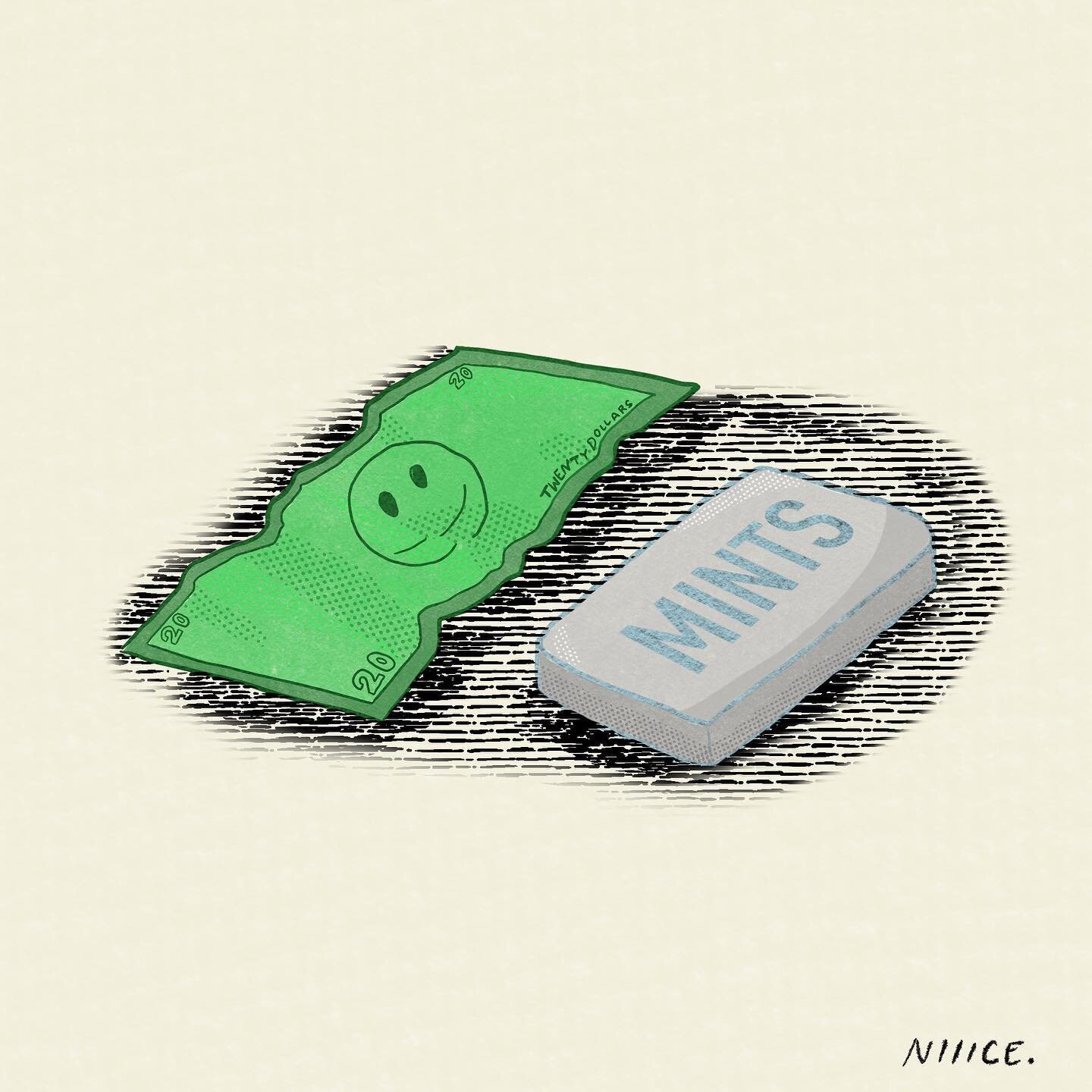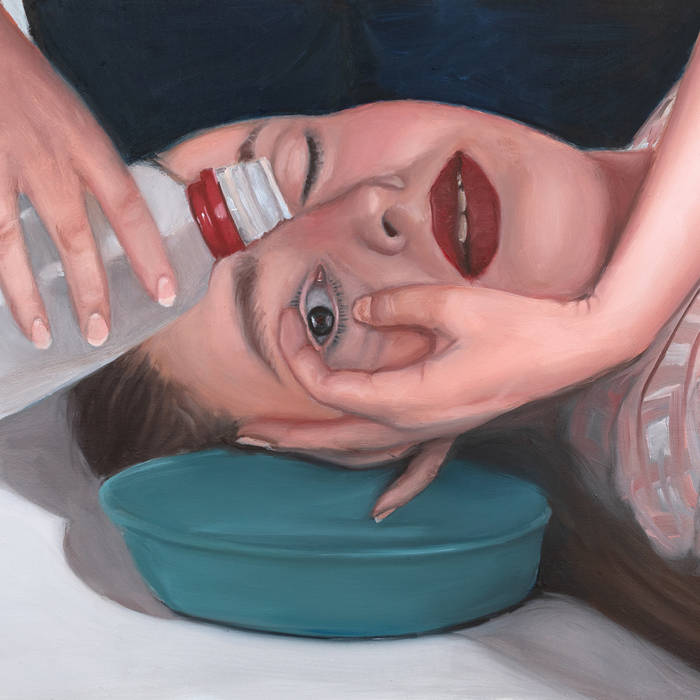Love and heartbreak have to be two of the most well-trodden territories in songwriting. I suppose they’re ever-fruitful creative ground since everyone’s relationships are different and all fluctuate in unique ways. Whether it’s friendship, a romantic relationship, or something else, that combination of two people coming together and forming something special between them means that love and heartbreak are infinitely interpretable topics. No two relationships are alike, and exploring those novel combinations of people has led to some of the best songs in the world. It’s also led to some of the most trite and soulless garbage imaginable. Turn on the radio or walk into a grocery store anywhere in America and odds are, within a few minutes, you’ll hear a song about a relationship either beginning or ending. That duality of love and heartbreak is all well and good, after all, people are still connecting to it and finding new ways to write about it after hundreds of years, but that doesn’t stop it from being commonplace.
These days, I’m much more interested in the grey areas of life… The spaces between the defined path and the boundless area ahead. Those “commonplace” concepts of falling in and out of love are fine, but they’re extremes. We spend more of our lives existing in the ground between those two states.
As an artist, what do you have to say about an unremarkable Wednesday? How do you fill the space when your friends don’t call and your family is far away? What do you do when it’s interminably slow at work and you need time to fill the void? This is the sort of grey area we’ve been living in since March of 2020, so maybe that’s what appeals to me so much about artists who stray away from the binary of “love” and “heartbreak.” More often than not, life isn’t “good and bad,” it’s mute and indescribable. It’s listless and empty. It’s either a hectic scramble or adrift emotionality. What you have to say about that is what tests your mettle as an artist, not finding a new way to say ‘I am sad about girls.’
While your mileage may vary, I think the first time that many of us experience this grey area of life in full is immediately after college. If everything goes according to plan, after graduation you’ll find yourself in your early 20s, degree in-hand, and debt piled up. You followed the path that society has set out for you; you went to school, did your homework, found your “calling,” now what? Most students enter the world lost and confused with a resume and a handful of intern credits that they expected to help them land them a job that they may not even want. Then they spend months (or years) finding their way into that job, all for the express purpose of paying off that debt they attained just trying to get here—what a great system.
Lull, the sophomore album from Tiberius, delves into this grey area in full over the course of a sprawling 48 minutes. Helmed by multi-instrumentalist Brendan Wright, he bills the release as an exploration of “self-hatred vs. self-love, the complexities of transitioning between youth and aging, and the power of the pen and expression.”
Walking a fine line between midwest emo and lush indie rock, the collection of songs on Lull prattle on in the most charming and abstract way. Sometimes dipping into near-rapped spoken word excursions and exploratory solos, the music is slowly but surely making its way forward. This record is the musical equivalent of sleeping over at someone’s house and navigating your way to the bathroom in the dark; you move forward, one unsure step after another, all the while your hands gently scan the empty middle ground in search of any obstacles that might impede your journey. Despite the dread that comes with navigating this unfamiliar territory, the sense of satisfaction you feel when you accomplish that journey and make it back to the warm comfort of the bed makes it all worth it. The excursion was necessary, even if you didn’t want to embark on it.
Perhaps the best indicator of Lull’s message comes in its name… Lull. It’s a fitting word to describe that period of your life where the predetermined path ends and the world lies before you. What direction do you go now? How fast should you be moving? Are you even going the right way? Lull captures the lost essence one feels as the gust of energy, creativity, and forward momentum suddenly gives way to a distinct type of nothingness.
Opening track “The First of Many Lasts” sets the tone for the release with a swirl of strings, acoustic guitar, and xylophone that all congeal together to establish a melody that will present itself throughout the record. After this calming 50-second introduction, “MPHL” brings this swirling melody to a complete halt, acting as an instrumental stop sign that commands attention and draws focus on Wright’s vocals. After an opening salvo of downtrodden lyrics, the cymbal taps grow louder, eventually culminating into a fully-fledged drum build. As the song begins to swell and pick up intensity, the remainder of the instruments join in, forming a swaying instrumental that acts as an optimistic counterpoint to the cynical lyricism. These first two tracks serve as a detailed and multi-layered introduction to the complicated and emotional world of Lull.
From there, lead single “Pale Ale” is a catchy, cathartic anthem that doubles as one of the record’s most pointed and self-contained tracks. This song walks the line between midwest emo and classic indie rock in the vein of Broken Social Scene. There are drums, bass, multiple guitars, and even a soaring sax solo that manages to fit into the song seamlessly. Even though some tracks feature additional band members, I can’t help but marvel at the fact that something this dense and layered came from one mind. While Lull was created and recorded primarily by Wright alone, “Pale Ale” acts as a hyper-collaborative high point that he is able to revisit thematically later in the album.
From here, the band explores the aforementioned topics of relationships, aging, creativity, and self-expression through a series of constantly-shifting tracks. The album’s title track pairs gorgeous female vocals over a buoyant guitar line that drives the song forward. “Urn” is a dark and groovy cut with an instrumental reminiscent of early Interpol or even The Cure. “Furrow” pairs an electronic instrumental bed with a wispy guitar and gentle piano for a funky and laid-back excursion.
Despite the fact that all of these songs feel unique and stylistically different, they all fit into the larger theme of the album thanks to Wright’s vocals and overarching artistic vision. No matter what stylistic indulgences or genre-based fluctuations the album goes through, Lull always centers back to the same concepts of progress and feeling like you’re not quite where you’re meant to be.
Are you actually growing or merely sustaining? Did you follow the instructions, or were you even meant to in the first place? As damaging as a lull can be in your life, the beauty is that it can also act as a period of reflection. Stalling out may feel bad because you’ve lost momentum, but it can also be a much-needed pause that allows us to think, find that missing sense of direction, and pull ourselves out. It’s all about perspective; a lull is only as negative as you allow it to be. On the other side of every lull, there is explosive progress, affirming relationships, and personal development. A lull might feel bad while you’re in it, but sometimes the only way out is through.









